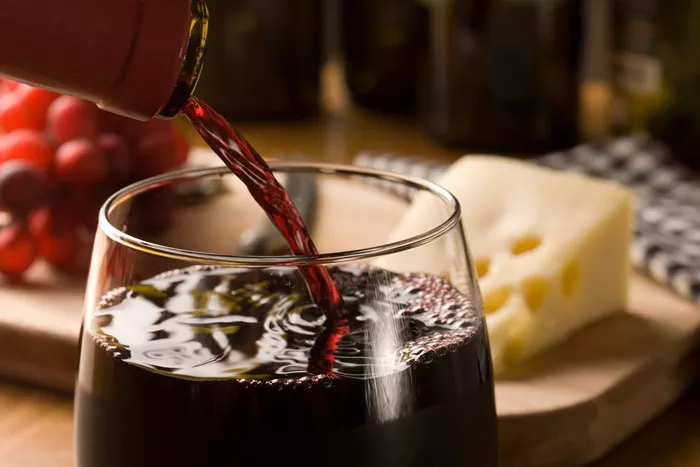Italy, renowned for its wine culture and rich history in fermentation and distillation, has long been associated with a variety of alcoholic beverages, from liqueurs to artisan beers. However, the country’s passion for whisky has historically remained limited, primarily confined to independent bottlers and whisky enthusiasts.
That landscape, however, is changing. Since the launch of Puni whisky in Alto Adige in 2015, Italy has seen a rapid rise in whisky production. In just a few years, 12 distilleries have released their own whiskies, and some industry experts predict the number could soon grow to 20. Despite its relatively young presence in the market, Italian whisky is already developing a distinct identity, strongly influenced by the nation’s deep vinous heritage.
Leveraging Established Distillation Expertise
Leading producers in Italy’s whisky movement include Psenner, Poli, Roner, and others, who have long been known for their production of grappa, the traditional Italian spirit made from grape pomace. These distillers benefit from existing distillation infrastructure and an established network for securing casks, giving them a clear advantage as they expand into whisky production.
The influence of Italy’s grappa-making tradition is particularly evident in the concentration of whisky distilleries within the Alpine regions. According to Davide Terziotti, a respected Italian whisky consultant and event organizer, the shift to whisky production in these areas is a natural extension of the country’s longstanding distillation expertise.
You Might Be Interested In:


